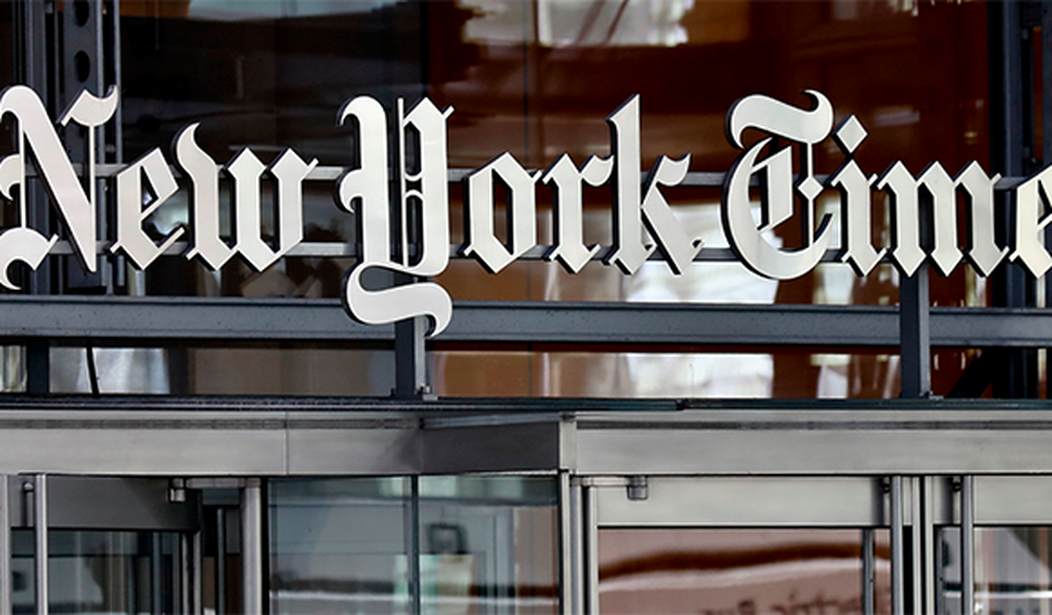The judge in the defamation suit filed by Project Veritas against the New York Times has ordered the paper to provide justification for their publishing of privileged documents that the New York Times allegedly received from either the FBI or Department of Justice. These documents were allegedly acquired by federal law enforcement officials in several pre-dawn raids on the homes of Project Veritas reporters just last week. The New York Times published these documents, despite already being embroiled in a defamation lawsuit with Project Veritas.
Harmeet Dhillon, a well-known constitutional rights attorney who represents Project Veritas, tweeted the news just a bit ago:
!!! Judge in Project Veritas/NYT case orders @nytimes to defend its online publication of the privileged legal memos of our client, which occurred AFTER the FBI seized James O’Keefe’s phones and which contain extensive privileged communications with dozens of attorneys: pic.twitter.com/6ZKdH2BsLv
— Harmeet K. Dhillon (@pnjaban) November 18, 2021
The New York Times now has until November 23rd, next Tuesday, to provide cause for why they published privileged attorney-client documents. The demand to show cause comes as the judge is attempting to determine the ruling on a motion to first, require that the New York Times delete any and all articles and links to privileged information of Project Veritas communications with attorneys, and second, to prohibit the New York Times from soliciting or taking possession of privileged information at any point in the future.
The New York Times is in deep doo-doo with this one. The Times is already involved in very risky litigation with Project Veritas. With Project Veritas’ legal record, they would have to at least recognize that they have a chance of facing some pretty steep penalties for their statements. Yet, despite this risk and knowing that they are currently under the demands of the defamation suit, they still figured it was appropriate to not only take possession of illegally-obtained privileged information but to then also publish those privileged documents. To know those risks, and to know that the action you’re taking is illegal, shows a stunning level of incompetence, or a flat-out effort to create further damages. In a suit that requires intent, like defamation, handing your opposition an exhibit of your intent, is never a smart play.
It will be interesting to see how this one turns out.













Join the conversation as a VIP Member